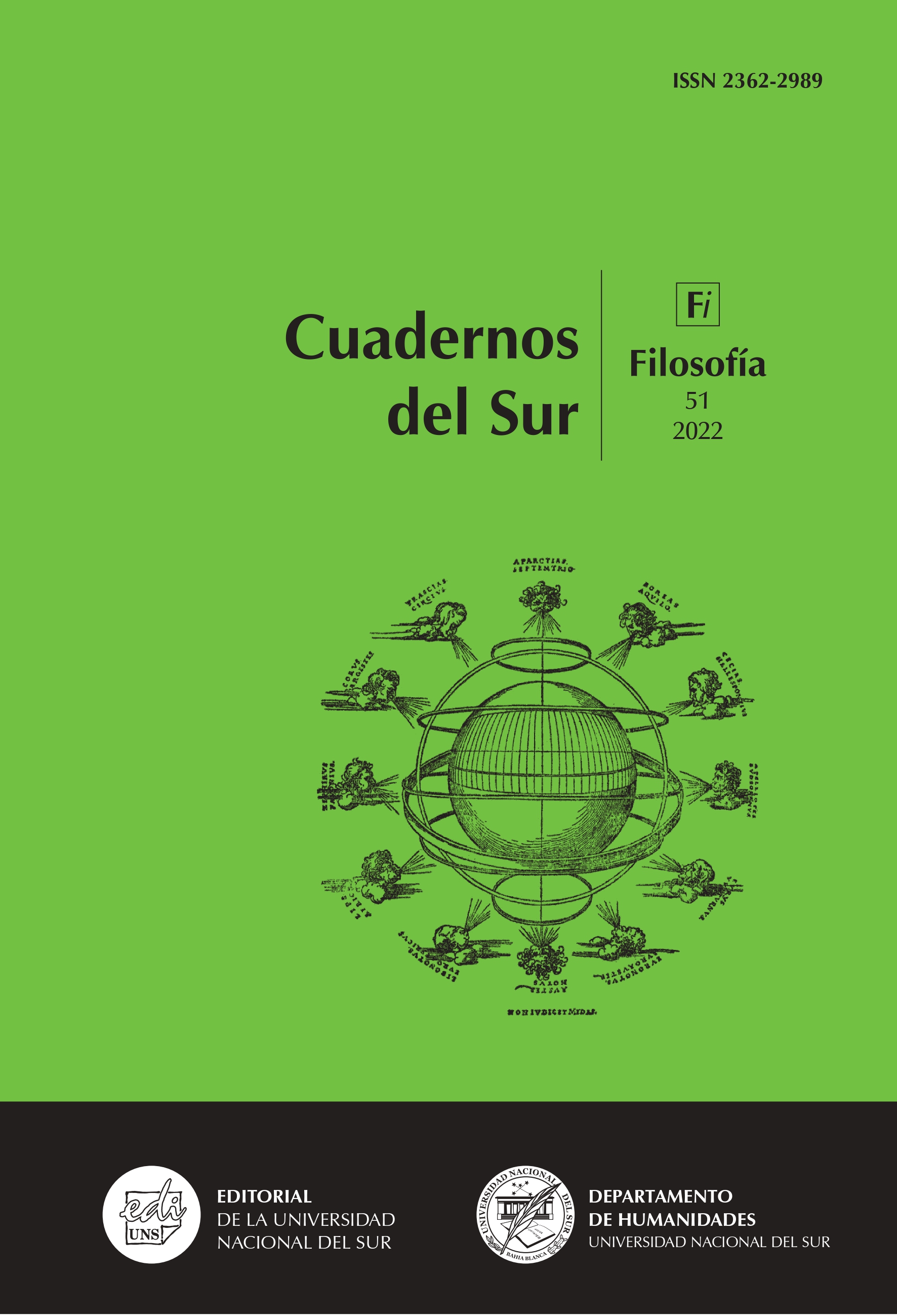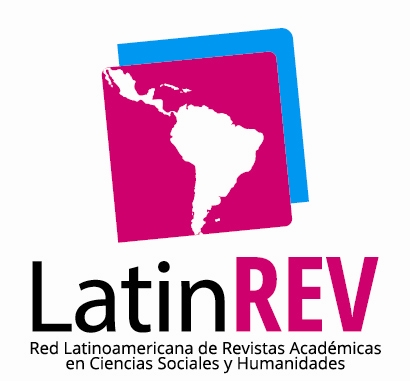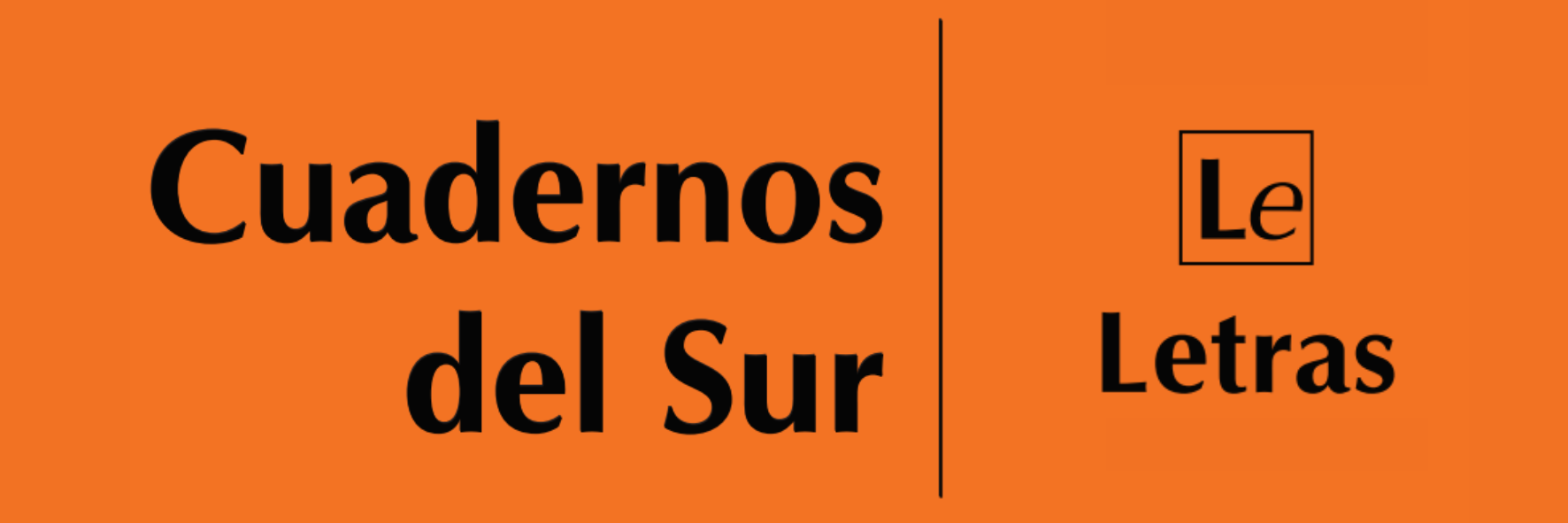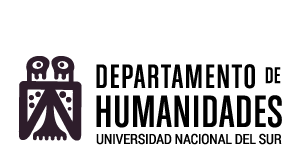Bases para una filosofía política del dinero en la era ciberespacial
Keywords:
money, politics, digitalityAbstract
This article seeks to pose the problem of money in cyberspace, based on the philosophical question of technique and political philosophy, as a foundation to think about a political economy specific to the digital era. As an introduction, certain elements of the historical process of shaping the informational world and cyberspace are highlighted in order to focus on the economic dimension, and more specifically on the problem of money. From there, the text is divided into four parts. Firstly, it proposes a historical overview of the displacements that have shaped money in capitalist societies, from metallism and the first banks to Central Banks, the financial system and informational money. Next, the problem of technique is reviewed, linking it to the question of “the Being of money”. And then, certain elements are proposed for a definition of the monetary dimension from the concepts of technique, medium and device. Finally, it opens up a horizon of issues and possibilities regarding the present and future of monetary functions in cyberspace societies.
Downloads
References
Agamben, Giorgio (2015), ¿Qué es un dispositivo?, Barcelona, Anagrama.
Aglietta, Michel (2002), “Whence and whither money?”, en OECD, The future of money, París, OECD Publications Service, pp. 31-72.
Aglietta, Michel y Orléan, André (2015), La violencia de la moneda, México, Siglo XXI.
Alizart, Mark (2020), Criptocomunismo, Adrogué, La Cebra.
Anderson, Howard (1996), “Showdown over E-cash”, Upside, [disponible en http://www.upside.com/resource/print/9601/ecash.html].
Antonopoulos, Andreas (2014), Mastering bitcoin, Sebastopol, O’Reilly Media, Inc.
Appadurai, Arjun (2017), Hacer negocios con palabras, Buenos Aires, Siglo XXI.
Bardin, Andrea y Raimondi, Fabio (2016), “Del hombre a la materia. Simondon a la luz de Marx y Althusser”, Demarcaciones: revista latinoamericana de estudios althusserianos, nº 4, pp. 116-132.
Berners-Lee, Tim (2000), Weaving the web: The original design and ultimate destiny of the world wide web, Nueva York, Harper Collins Publishers.
Bjerg, Ole (2016), “How is bitcoin money?”, Theory, culture and society, vol. 33, n° 1, pp. 53-72.
----- (2021), Hacer dinero. Filosofía del capitalismo postcrédito, Copenhague, Athos.
Borisonik, Hernán (2018), “La abstracción del dinero, ¿emancipación o alienación”, Digithum, n° 21, pp. 1-10.
----- (2019), “El dinero en el siglo XXI: algunos indicios y un campo abierto para la reflexión”, Digithum, n° 24, pp. 1-10.
----- (2022), “What the bitcoin is going on?”, Arena, nº 10, pp. 58-64.
Briggs, Asa y Burke, Peter (2002), De Gutenberg a internet, Madrid, Santillana.
Capie, Forrest et al. (1994), The future of central banking: The tercentenary symposium of the Bank of England, Cambridge, Cambridge University Press.
Carruthers, Bruce y Babb, Sarah (1996), “The color of money and the nature of value: Greenbacks and gold in Postbellum America”, The American Journal of Sociology, vol. 101, n° 6, pp. 1556-1591.
Castells, Manuel (2001), La galaxia internet, Barcelona, Plaza & Janés Editores.
Chaum, David (1983), “Blind signatures for untraceable payments”, en Chaum, David et al. (eds.), Advances in Cryptology, Boston, MA, Springer, pp. 199-203, [disponible en https://doi.org/10.1007/978-1-4757-0602-4_18].
Dodd, Nigel (2014), The social life of money, Princeton, Princeton University Press.
----- (2015), “Redeeming Simmel’s money”, Hau: Journal of Ethnographic Theory, vol. 5, n° 2, pp. 435-441.
----- (2017), “The social life of bitcoin”, Theory, Culture and Society, vol. 5, n° 3, pp. 35-56.
Figueroa Alcantará, Hugo Alberto y Lara Pacheco, Gonzalo (2000), “El proyecto Xanadú: utopía vigente en el entorno del acceso a la información”, Nueva Época, vol. 3, n° 2, pp. 92-99.
Fine, Ben y Lapavitsas, Costas (2000), “Market and money in social theory: What role for economics?”, Economy and Society, vol. 9, n° 3, pp. 357-382.
Foucault, Michel (2000), Defender la sociedad, Buenos Aires, Fondo de Cultura Económica.
----- (2008), Las palabras y las cosas. Una arqueología de las ciencias humanas, Buenos Aires, Siglo XXI.
----- (2009), Seguridad, territorio, población, Buenos Aires, Fondo de Cultura Económica.
Golumbia, David (2016), The politics of bitcoin, Minneapolis, University of Minnesota Press.
Hart, Keith (1986), “Heads or tails? Two sides of the coin”, Man (New Series), vol. 21, n° 4, pp. 637-656.
----- (2015), “Money from a cultural point of view”, Hau: Journal of Ethnographic Theory, vol. 5, n° 2, pp. 411-416.
Hayles, N. Katherine (1999), How We Became Posthuman: Virtual Bodies in Cybernetics, Literature, and Informatics, Chicago, The University of Chicago.
Heidegger, Martin (1997), Filosofía, ciencia y técnica, Santiago de Chile, Editorial Universitaria.
Hui, Yuk (2016), On the existence of digital objects, Minneapolis, University of Minnesota Press.
----- (2017), “¿Qué es un objeto digital?”, Virtualis, vol.7, n° 15, pp. 81-96.
Kocherlakota, Narayana (1996), Money is memory, Minneapolis, Federal Reserve Bank of Minneapolis.
Lamarck, Jean-Baptiste (1986), Filosofía zoológica, Barcelona, Editorial Alta Fulla.
Lambrecht, Maxime y Larue, Louis (2018), “After the (virtual) gold rush: is Bitcoin more than speculative bubble?”, Internet Policy Review, vol. 7, nº 4, [disponible en https://policyreview.info/articles/analysis/after-virtual-gold-rush-bitcoin-more-speculative-bubble].
Leroi-Gourhan, André (1971), El gesto y la palabra, Caracas, Universidad Central de Venezuela.
----- (1988), El hombre y la materia, Madrid, Taurus.
Licklider, Joseph Carl Robnett (1990), In Memoriam: J. C. R. Licklider 1915-1990, California, Systems Research Center.
Mauss, Marcel (2009), Ensayo sobre el don. Forma y función del intercambio en las sociedades arcaicas, Buenos Aires, Katz, [1925].
Mayer-Schönberger, Viktor y Ramge, Thomas (2019), La reinvención de la economía. El capitalismo en la era del big data, Madrid, Turner.
Mazlish, Bruce (1995), La cuarta discontinuidad, Madrid, Alianza.
Menger, Carl (2013), El dinero, Madrid, Unión Editorial.
Mitchell, William (1991), E-topía, Barcelona, Editorial Gustavo Gili.
----- (1996), City of bits: Space, place and the infobahn, Massachusetts, MIT Press.
Nakamoto, Satoshi (2008), Bitcoin: A peer-to-peer electronic cash system, [disponible en www.bitcoin.org].
Negroponte, Nicholas (1995), Being digital, Londres, Hodder & Stoughton.
Nelms, Taylor et al. (2018), “Social payments: Innovation, trust, bitcoin, and sharing economy”, Theory, Culture & Society, vol. 35, nº 3, pp. 13-33.
Philips, Jim (1996), “Bytes of cash, banking, computing and personal finance”, First Monday Review, vol. 1, n° 5, [disponible en http://131.193.153.231/www/issues/issue5/philips/index.html].
Polanyi, Karl (2011), La gran transformación. Los orígenes políticos y económicos de nuestro tiempo, México, Fondo de Cultura Económica, [1957].
Rodríguez, Pablo (2016), “La transindividualidad de Simondon: la coyuntura latinoamericana entre la política, la técnica y la afectividad”, Demarcaciones; revista latinoamericana de estudios althusserianos, n° 4, pp. 155-161.
Sadin, Éric (2020), La silicolonización del mundo, Buenos Aires, Caja Negra.
Sassen, Saskia (1991), The Global City. New York, London, Tokio, Princeton, Princeton Universty Press.
----- (2010), Territorio, autoridad y derechos. De los ensamblajes medievales a los ensamblajes globales, Madrid, Katz Editores.
Scott, Brett (2013), The heretic´s guide to global finance, Londres, Plutopress.
----- (2016), How can cryptocurrency and blockchain technology play a role in building social and solidarity finance, Ginebra, United Nations Research Institute for Social Development.
Simiand, François (2006), Critique sociologique de l’économie, París, Presses Universitaires de France.
Simmel, Georg (1977), Filosofía del dinero, Madrid, Instituto de Estudios Políticos.
Simondon, Gilbert (2007a), El modo de existencia de los objetos técnicos, Buenos Aires, Prometeo.
----- (2007b), Sobre la técnica 1953-1983, Buenos Aires, Cactus.
Stiegler, Bernard (2002), La técnica y el tiempo (Tomos I), Hondarribia, Hiru.
----- (2016), Para una crítica de la economía política, Buenos Aires, Capital Intelectual.
Tapscott, Don (1995), The digital economy: Promise and peril in the age of networked intelligence, Nueva York, McGraw-Hill.
Wallerstein, Immanuel (2011a), The modern worldsystem I: Capitalist agriculture and the origins of the European world-economy in the sixteenth century, California, University of California Press, [1979].
----- (2011b), The modern world-system IV: Centrist liberalism triumphant, 1789-1914, California, University of California Press.
Winner, Langdon (1985), “Do artifacts have politics?”, Daedalus, vol. 109, n° 1, pp. 121-136.
Zelizer, Viviana (1989), “The social meaning of money: Special monies”, The American Journal of Sociology, vol. 95, n° 2, pp. 342-377.
----- (1996), “Payments and social ties”, Sociological Forum, vol. 11, n° 3, pp. 482-495.
How to Cite
Issue
Section
License
Copyright (c) 2023 Hernán Gabriel Borisonik, Marco Mallamaci

This work is licensed under a Creative Commons Attribution-NonCommercial 4.0 International License.
Aquellos autores/as que tengan publicaciones con esta revista, aceptan los términos siguientes:- Los autores/as conservarán sus derechos de autor y garantizarán a la revista el derecho de primera publicación de su obra, el cuál estará simultáneamente sujeto a la licencia Atribución-No Comercial 4.0 Internacional CC BY-NC 4.0.
- Los autores/as podrán adoptar otros acuerdos de licencia no exclusiva de distribución de la versión de la obra publicada (p. ej.: depositarla en un archivo telemático institucional o publicarla en un volumen monográfico) siempre que se indique la publicación inicial en esta revista.
- Se permite y recomienda a los autores/as difundir su obra a través de Internet (p. ej.: en archivos telemáticos institucionales o en su página web) una vez publicado su trabajo, lo cual puede producir intercambios interesantes y aumentar las citas de la obra publicada. (Véase El efecto del acceso abierto).














